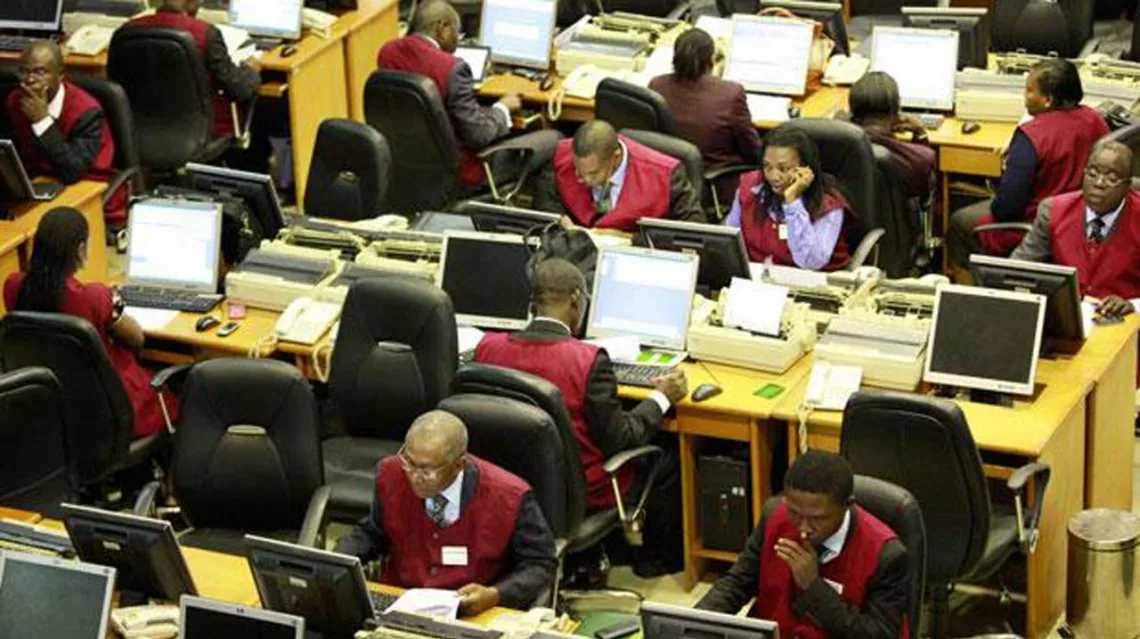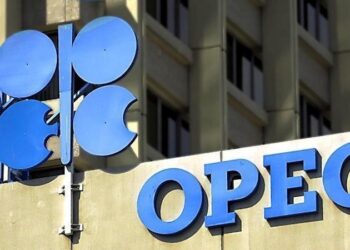Ten brokerage firms facilitated transactions valued at N455.494 billion on the Nigerian Exchange (NGX) in the first four months of the year, according to the broker performance report obtained from the bourse.
That translates to 62.98 per cent of the cumulative trade executed on the exchange January through April.
Reviewing the performance, APT Securities and Funds led the list, with trades valued at N105.560 billion, accounting for 14.60 per cent of the total value of traded stocks in January to April. Cardinalstone Securities followed with trade valued at N75.057 billion, representing 710.38 per cent of the total recorded trades, while Stanbic IBTC Stockbrokers traded stocks valued at N68.969 billion, representing 9.54 per cent of the total trades.
United Capital Securities recorded trades in stocks valued at N64.433 billion, while EFG Hermes pulled a transaction of N33.670 billion worth of stocks in four months. Others are Investment One Stockbrokers International, Cordros Securities, Meristem Stockbrokers, FBN Quest Securities and Chapel Hill Denham Securities traded shares value at N28.634 billion, N24.964 billion, N20.254 billion, N17.496 billion and N16.456 billion, respectively.
Meanwhile, for the month of April, the Nigerian stock market depreciated by N1.010 trillion amid impressive 2022 financial year corporate earnings and dividend payout to shareholders by listed companies.
Although the stock market has gained 2.25 per cent in four months of 2023, inflationary pressure, scarcity of foreign exchange, among other macroeconomy challenges have continued to erode investors’ participation in low-priced fundamental stocks listed on the Exchange.
Specifically, the overall market capitalisation closed April 2023 at N28.534 trillion, dropping by N1.010 trillion from N29.544 trillion. Also, NGX All-Share Index dropped by 3.37 per cent to 52,403.51 basis points from 54,232.34 basis points it closed for trading in March 2023.
Market analysts attributed the decline in the stock market to 2023 general elections, stating that foreign investors and Pension Fund Administrations (PFAs) were on the side-line to know the outcome of the elections.
Analysts at Investment One in a report titled, ‘2022 review and 2023 macro-economic and financial market outlook’ said the direction of market performance will be largely determined by the trio impact of fixed income yields in tandem with monetary policy, corporate actions, and election turnouts.
According to the firm, ditto to our outlook of tepid movement in yields in the fixed income space and expectations of a less aggressive hawkish tone from the CBN, negative real returns should remain relatively high in the fixed income space giving room for alpha-seeking investors diverting more funds to equities as it remains a solid channel for positive real returns.
“For Corporate earnings, we are cautiously optimistic of a positive earnings performance in 2023 given the negative impact of high inflation pressures, increased monetary policy tightening and FX instability. Although we expect a broad-based resilient performance, we do not see a significantly upbeat performance as the aforementioned factors remain deterrents,” the report added.
Analysts advised investors to trade with caution as the uncertainties continued to rock the 2023 elections, maintaining their positive outlook on dividend yields and capital appreciation in bellwether stocks.
Speaking on the outlook of the stock market in 2023, the managing director/chief economist at Analysts Data Service and Resources Limited, Dr Afolabi Olowookere, disclosed that while recent evidence suggests the market performance during pre and post elections comes out negative, it is expected that the stock market might close in the negative territory at the end of the year.
“The past may not necessarily be the one we might see in future. In the last three years of election, the market had closed in the negative and so looking at it, stock market returns might likely close at -16 per cent at the end of the year and this will be centered on factors like uncertainties around the outcome of the elections, low capital inflows and rising inflation,” Olowookere added.





